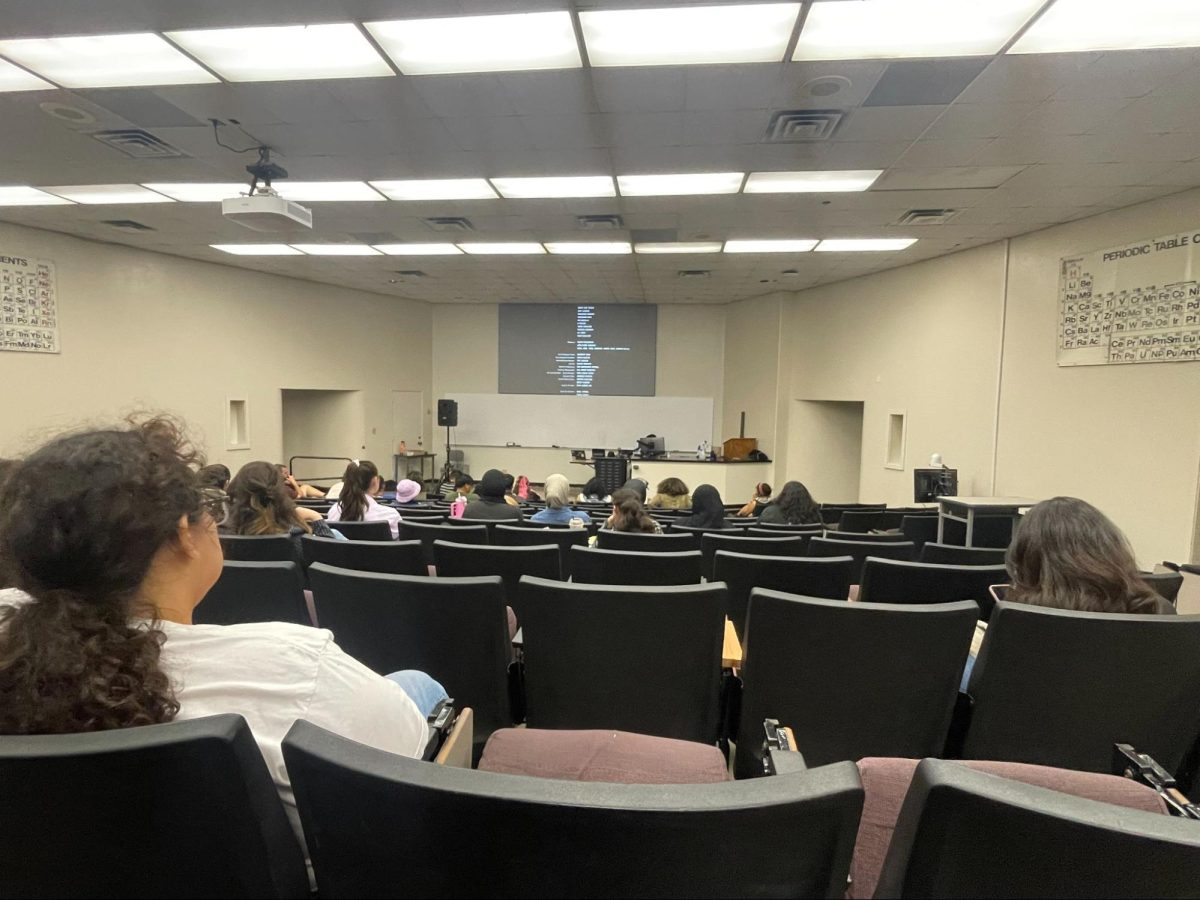What does it mean when Fresno County employees are suddenly gone?
It means services provided by the County of Fresno are either suspended or severely curtailed, including library services, food stamps, child support, health care, road construction, law enforcement, social services, tax collection, and voter registration.
Meanwhile, tensions continue to build between county officials and its employees in what is gearing up to be an ongoing battle over wage and benefit cuts that employees call unfair. The county maintains its need to lower the budget, but neither side shows signs of backing down. For a three-day period between Jan 23 and Jan 25, 2,000 Fresno County employees walked off the job and picketed in downtown Fresno to protest the cuts and bring county officials back to the negotiating table.
County officials have done their best to underplay the impact the strike had on social services last week.
An article was posted on the KSEE 24 News website titled “Most Fresno County libraries unaffected by SEIU strike.” The article headline read one way, but the article itself said that only 16 out of the 34 libraries in the county were open for business. That’s less than half.
Any reduction in social services could impact Fresno City College students, many of who receive services offered by county agencies on campus as well as in other places. Anne Watts, director of CalWORKs at FCC, declined to comment about the impact on FCC students, stating that it was a county issue and CalWORKs is still serving its students.
“The public suffers most [from a strike] as well as the bad relations that we created between employee, management and the public,” said Henry Perea, Vice Chairman of the Fresno County Board of Supervisors.
The biggest concern about the reduced services is in the departments which handle children and family issues. A social worker with Child Protective Services could be responsible for advocating, monitoring and overseeing as many as 27 children per month, including making sure their needs are being met.
Each social worker could be responsible for more than one life per day, dealing with children who have been starved of food and abused emotionally or physically. Some of their young clients have severe emotional problems that could cause them to become a danger to themselves or others.
Social workers are also responsible for testifying in court regularly to determine the best places to place the children under their care.
Some social workers expressed frustration at the county officials’ rigidity in negotiating a settlement.
“How am I supposed to take care of others, when I can barely take care of myself?” an anonymous source inside Fresno County Social Services said. “We’re willing to take cuts, but the county won’t even talk to us to negotiate reasonable ones.” The social workers interviewed for this story declined to use their names in fear of retaliation from their employers.
“Workers are legally protected, but that doesn’t mean they won’t be subject to harassment and intimidation by their managers,” said James Geluso of SEIU Local 521. “Their union would stand up for them, but an individual may not want to go through it to begin with. Too many managers don’t follow the law.”
Gov. Jerry Brown and the legislature approved $15 billion in cuts statewide for the 2011-2012 budget. Social services has already seen its share of cuts in the past several years. There was a promotion freeze three years ago. That means that despite the massive responsibility these people have, they are making the same wage they were making three years ago.
For instance, if they’ve been there working hard for these children for three years, an entry level social worker with no experience can come in and make the same money.
With the newly imposed cuts, if you worked in social services you automatically took at least a 9 percent pay cut. Some of the workers took a 12 to 14 percent cut.
With the cost of gas on average of being $3.50 per gallon, rent, insurance, PG&E, and all other expenses, how would a 9 to 14 percent pay cut affect you? That would drop minimum wage from $8.00 per hour to $6.88. At the same time, the Fresno County Board of Supervisors each makes over $100,000 per year.
On top of the wage loss, the county also took away some bereavement time if there is a death in the family, and eliminating step children from counting towards bereavement time altogether.
Social workers often put themselves in harm’s way by being in a home with parents that don’t want them there, and deciding the child’s living situation is too dangerous and taking the child out. They get death threats and general threats of violence as part of their job.
Rumors surfaced Jan. 24 on ABC30 Action News “Live at Five” that Child Protective Services downgraded as many as 60 “emergency response” cases. These cases regarding severe physical or sexual abuse to children legally require a social worker to be on the scene within two hours of the notification.
They were allegedly downgraded to three and 10 day response times because of the lack of social workers due to the strike. If true, it means CPS deprioritized the welfare of up to 60 children potentially being abused despite the county claiming it was only affected by the strike a minor amount.
The SEIU has been looking for the county to come back to the bargaining table since November. They feel the county improperly imposed wage cuts without giving the employees a chance to discuss the issues.
Part of the issue is that “social services are largely reimbursed by the federal government,” Geluso said. So the issues that are impacting the California school system budget, including a potential addition of $11 million in cuts for CSU Fresno, are different. The county shouldn’t be cutting a budget that the federal government pays them to maintain.
“The county has had a ‘take it or, never mind, just take it’ attitude that is incompatible with good-faith bargaining under state law,” Geluso said.
In an interview done with KGPE CBS47, Supervisor Perea said, “We could have probably taken a lot less of a cut than the 9 percent we imposed. Speaking as one supervisor, I tend to agree with them. I think the county was a little heavy handed in how we approached negotiations.”
County workers returned to work Jan. 26, while the county and union went to Sacramento to take part in a mediated negotiation ordered by the California Labor Bored that resulted in little success.
No progress has been made so far. If a compromise cannot be reached, we as a community need to prepare for the possibility of a more long-term strike and its impact.






